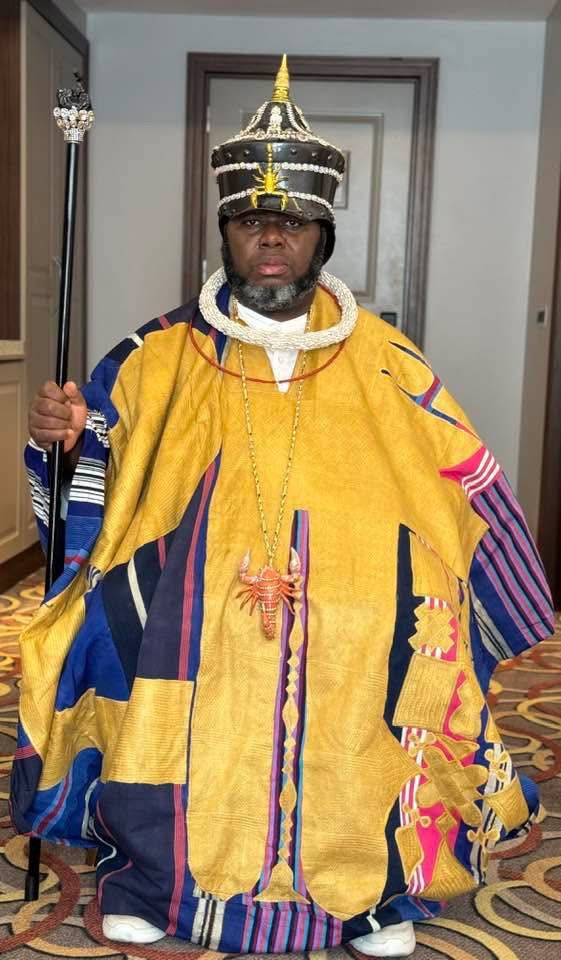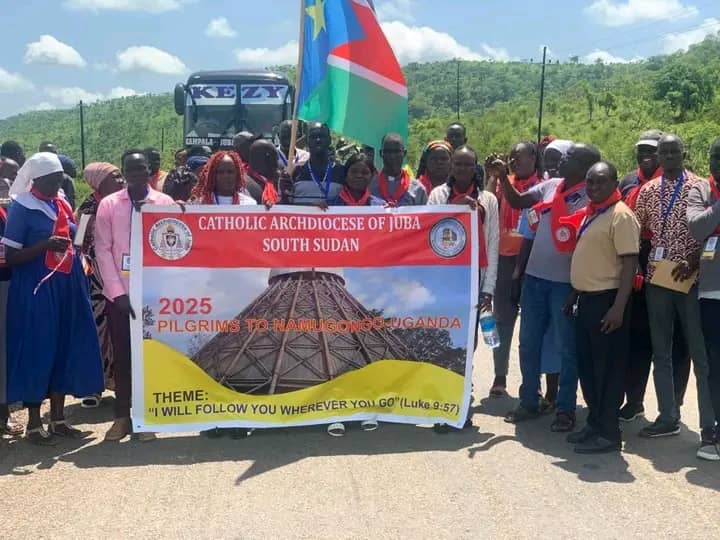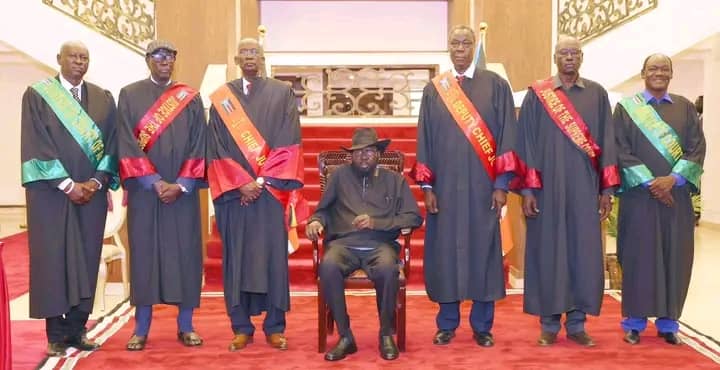NIGERIA: Asari-Dokubo Calls On Kalabari Diaspora To Return, Invest In Homeland

By Onoja Baba, Nigeria
The Da-Amakiri Tubo and Amanyanabo of the Elem Kalabari Kingdom, Abubakr Dokubo-Asari, has issued a passionate call to Kalabari sons and daughters in the diaspora, urging them to return home and invest in the development of their homeland.
In his New Year goodwill message delivered on Sunday, Asari-Dokubo emphasised the importance of leveraging the Kalabari Kingdom’s vast resources and opportunities to boost economic development and uplift the community.
Speaking directly to monarchs, chiefs, elites, and the general populace of the Kalabari Kingdom, Asari-Dokubo highlighted the untapped potential of the region, which is blessed with abundant oil and gas resources, strategic opportunities in marine transportation, and vast prospects in agriculture and tourism.
He encouraged Kalabari natives living abroad to prioritize investing in their homeland instead of focusing their wealth on other communities.
“Our people need to come back home to build houses here instead of buying land in other communities. I urge my fellow Kalabari brothers and sisters worldwide to set up businesses here that will boost the economy of the Kalabari Kingdom and provide jobs for our people,” he said.
Asari-Dokubo’s message was not just a call for economic investment but also a rallying cry for cultural preservation and regional pride.
He reminded the diaspora of their roots and the responsibility they bear in ensuring the growth and sustainability of the Kalabari Kingdom.
Reflecting on his own decision to relocate from Port Harcourt to Obuama in 2017, Asari-Dokubo shared how selling his landed property in Port Harcourt and reinvesting in Obuama has transformed the community.
“I made a bold decision to leave Port Harcourt and move to Obuama, selling off my properties and channeling the proceeds into investments here.
“Today, I see the transformation and growth of Obuama, and I believe the entire Kalabari Kingdom can achieve the same if more of us take such steps,” he said.
The Amanyanabo also used the occasion to address the younger generation, urging them to reject destructive behaviors like cultism and violence, which have plagued the region in recent years.
He reaffirmed his commitment to advocating for resource control, fighting oppression, and protecting the Niger Delta’s fragile environment from degradation.
“Our youths must shun cultism and violent associations that harm others. Instead, they should embrace peaceful and constructive endeavours that promote the well-being of the community. The Kalabari Kingdom has a future, but that future depends on the choices we make today,” Asari-Dokubo stressed.
categories
recent posts


NIGERIA: FG Launches Skill-Up Programme To Train 100,000 Artisans Across Nigeria

NIGERIA: Nigeria Begins Process To Clear ₦2 Trillion Power Sector Debt


